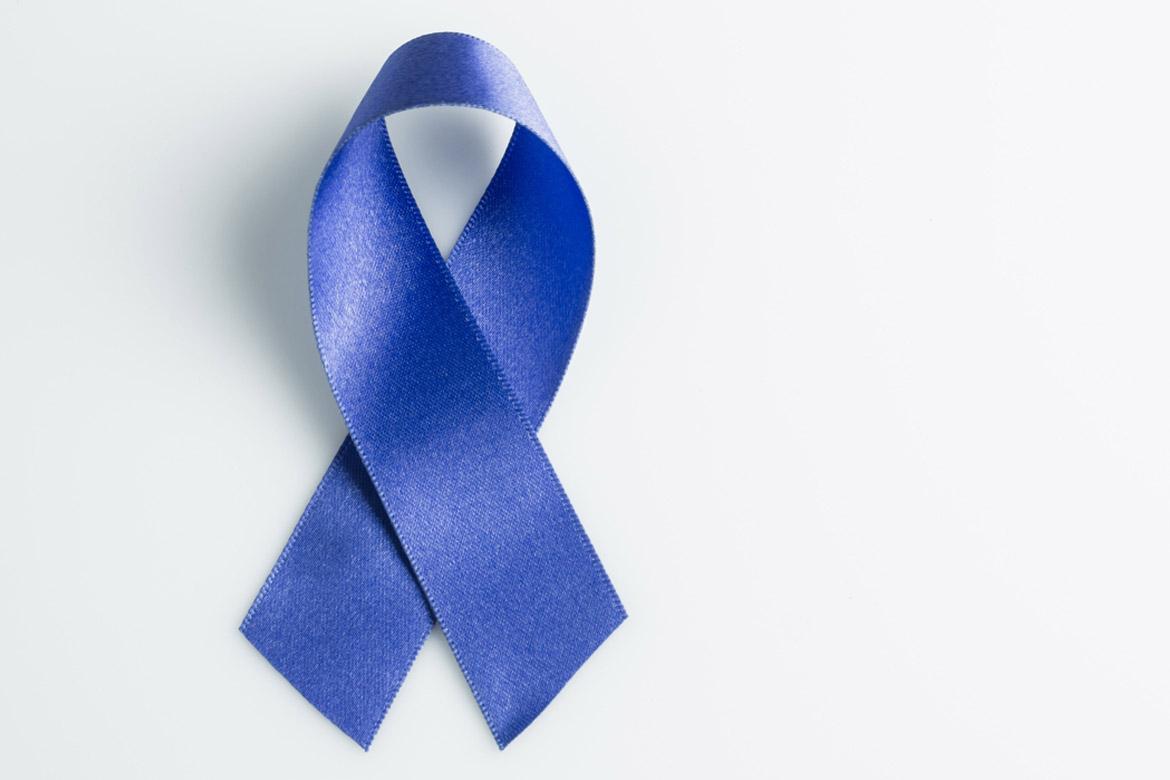-
-
Featured Care Areas

Throat Cancer
Frequently asked questions
A: Endoscopy is a test where a flexible tube with a camera is inserted through the nose to inspect the throat. It can show lesions suspicious for cancer, which will need to be biopsied.
A: Throat cancer develops over years with tobacco and alcohol use. However, once it develops it can grow and spread quickly, so early diagnosis is key to survival.
A: Common symptoms of throat cancer include hoarseness, sore throat, blood stained sputum or a lump in throat sensation that lasts for longer than a month. Larger tumours can cause difficulty swallowing or breathing or loss of weight.
A: If you experience persistent symptoms such as a lump in the throat, a sore throat that does not go away, or changes or hoarseness in the voice, consult a doctor for advice. Only a medical specialist can confirm a diagnosis for throat cancer.
A: If your doctor or specialist suspects throat cancer, they may conduct a series of diagnostic tests that include:
- Endoscopy
- CT, MRI or PET scan
- Biopsy
A: Researchers estimate that 70 – 80% of throat cancers are strongly linked to smoking. Smoking is the most important risk factor for throat cancers (especially laryngeal squamous cell carcinoma). If you smoke, you have a considerably increased chance of developing throat cancer compared to those who don't. The risk of throat cancer is further increased if you also frequently drink alcohol.
This coverage checker is brought to you by Health Insured, an online resource that helps you understand your health coverage in Singapore.
This page has been reviewed by our medical content reviewers.
Need help?
For enquiries, please call
+65 6377 3737
For appointment bookings, please WhatsApp
+65 8111 3777








